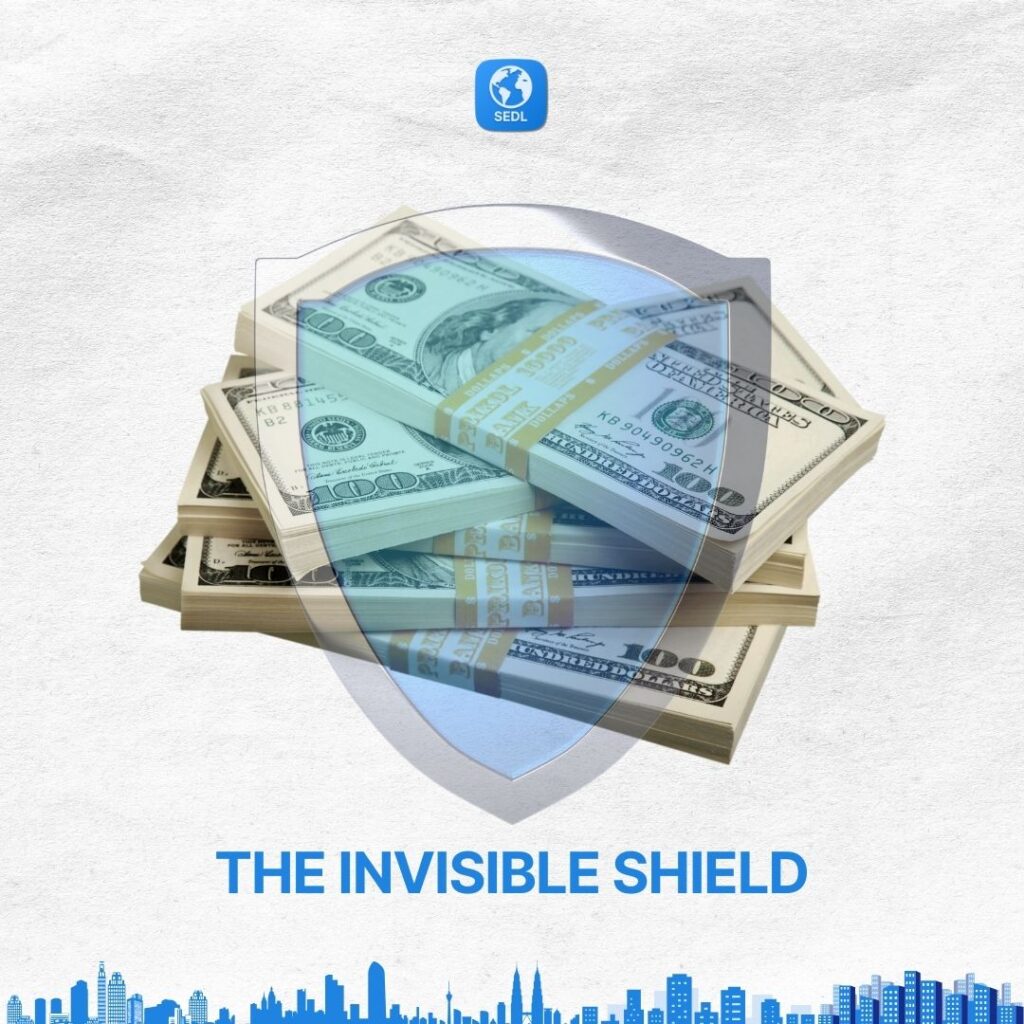
The Invisible Shield: Why Trust is the Biggest Battle for Your Favorite Money App (And How They Fight For It)
You just tapped your phone to pay for coffee. A few swipes later, you’ve split the rent with your roommate and invested your spare change. It’s effortless. It’s magic.
But what you’re really tapping into isn’t just clever code and a nice design. You’re activating an entire invisible fortress built around one thing: trust.
For fintech companies—the brains behind your favorite money apps—building and maintaining that trust is their single biggest challenge. It’s a 24/7 battle fought on two fronts: against cunning cybercriminals and within a labyrinth of complex financial rules.
Let’s pull back the curtain on how they work to keep your money safe.
The Rulebook is 1,000 Pages Long (And Always Changing)
Imagine trying to build a go-kart while someone keeps changing the rules of the race, the shape of the track, and the safety requirements—all while you’re driving. That’s what regulatory compliance is like for a growing fintech.
Before a company can even hold your dollar, they need a license. And not just one. They need different permissions to hold your cash, to lend it, to invest it, and to move it across borders. This isn’t a simple form; it’s a years-long, multi-million dollar process of proving they are legitimate and secure.
Key regulations they must follow include:
-
KYC (Know Your Customer): That’s why they ask for your ID and a selfie. It’s not to be nosy; it’s to prevent identity theft and financial fraud. They are legally required to prove you are who you say you are.
-
AML (Anti-Money Laundering): These rules are designed to stop criminals from “laundering” illegal money through the financial system. Fintechs have sophisticated systems that quietly monitor transactions for suspicious patterns to flag and stop illegal activity.
-
Data Privacy (like GDPR & CCPA): This governs how your personal data is collected, stored, and used. You have a right to know what data they have and to have it deleted.
For you, the user, this means a few extra steps during sign-up. For the fintech, it means an enormous ongoing effort to stay compliant everywhere they operate. A single misstep can result in massive fines and, more importantly, a loss of your trust.
The Digital Bank Vault: Beyond a Simple Password
If compliance is the rulebook, then cybersecurity is the armor, guards, and moat around your money. A fintech company is a prime target for hackers every single day.
They don’t just rely on a simple password. Here’s what “cybersecurity” really looks like:
-
Encryption: Your data is scrambled into unreadable code the second it leaves your phone. Only the intended recipient has the key to unlock it. It’s like sending a letter in a locked briefcase that only the recipient can open.
-
Multi-Factor Authentication (MFA): This is that second code you get via text or an app. Even if someone steals your password, they can’t get in without your phone. It’s a second, dynamic lock on the door.
-
Constant Monitoring: Their security teams don’t sleep. They use AI and advanced systems to watch for unusual activity 24/7. If you normally spend $50 on coffee in Portland, but suddenly there’s a attempt to withdraw $2,000 in another country, the system will flag it and freeze the activity instantly.
-
Penetration Testing: They actually hire ethical hackers to try and break into their own systems. This helps them find weaknesses and fix them before the bad guys can.
The Bottom Line: Your Trust is Their Currency
For traditional banks, trust was built with marble floors and big, physical vaults. For fintechs, trust is built with transparency, security, and reliability.
The next time you effortlessly pay a friend or check your investment portfolio on your phone, remember the invisible, multi-layered shield working in the background. It’s a relentless and costly effort, but it’s the non-negotiable price of entry for anyone who wants to handle your money.
The best fintech companies understand that their most valuable asset isn’t their technology—it’s the confidence you place in them every time you tap “pay.”
At the end of the day, fintech is about trust as much as technology.
People won’t use an app they don’t believe in, no matter how innovative the features are. That’s why companies like SEDL Finance invest not just in speed and convenience, but in security, transparency, and customer trust.
🚀 Ready to experience a fintech app built on trust?
With SEDL Finance, you get instant cross-border transfers, flat fees, and bank-level security—all designed with your peace of mind in mind. Start your journey today
Experience SEDL App Now
Leave a Reply